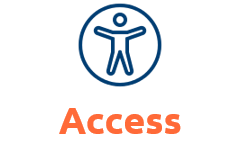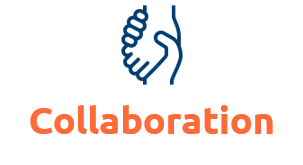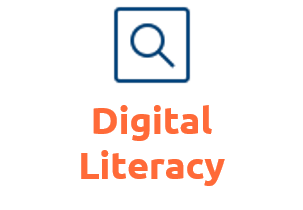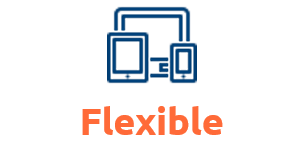Why OER?
 Adaptation and adoption of OER supports academic freedom and increases access to relevant learning materials for Canadian and Indigenous learners. Cost savings as a result of removing traditionally published textbooks and other fee-based learning resources is of interest to students, government, and institutional leadership. Cost savings are realized through replacing traditional / commercial textbooks. High yield savings are possible with strategically considered adoption pilots in high enrolment and/or economically aligned subjects.
Adaptation and adoption of OER supports academic freedom and increases access to relevant learning materials for Canadian and Indigenous learners. Cost savings as a result of removing traditionally published textbooks and other fee-based learning resources is of interest to students, government, and institutional leadership. Cost savings are realized through replacing traditional / commercial textbooks. High yield savings are possible with strategically considered adoption pilots in high enrolment and/or economically aligned subjects.
Access and discoverability of information tends to be the primary draw to OER by libraries, bookstores, and teaching and learning units. OER by nature aligns with the common mandate of publicly funded institutions of encouraging excellence in teaching and research and enriching student learning and their communities.
Attribution: Adapted from OER Beyond Textbooks by AlbertaOER, licensed under a CC BY NC 4.0 International License.
 Disciplinary colleagues are key to raising awareness of OER, the quality of OER, and even the perception of the quality of OER. A desire to connect, support, and embolden like-minded colleagues can create impactful and lasting communities of practice. Membership in these groups is not restricted by geography and has the ability to connect people from institutions around the world. By connecting directly with one another, these faculty members are able to share ideas, resources, and practices.
Disciplinary colleagues are key to raising awareness of OER, the quality of OER, and even the perception of the quality of OER. A desire to connect, support, and embolden like-minded colleagues can create impactful and lasting communities of practice. Membership in these groups is not restricted by geography and has the ability to connect people from institutions around the world. By connecting directly with one another, these faculty members are able to share ideas, resources, and practices.
Students are also able to offer valuable contribution to OER, whether it is through their work as research assistants, course developers, teaching assistants, or are contributing as part of
Attribution: Adapted from Collaboration The Key Ingredient for a Sustainable Open Education Movement by BCcampus, licensed under a CC BY 4.0 International License.
 OER have a strong potential to be used in supporting the digital literacy skills of students, staff, and faculty. Digital literacy, which encompasses media and information literacy, communications and collaboration, privacy/safety, and innovation, describes what is means to meaningfully participate in the knowledge economy. Many of the skills one uses to engage with OER reinforces one or more aspects of digital literacy.
OER have a strong potential to be used in supporting the digital literacy skills of students, staff, and faculty. Digital literacy, which encompasses media and information literacy, communications and collaboration, privacy/safety, and innovation, describes what is means to meaningfully participate in the knowledge economy. Many of the skills one uses to engage with OER reinforces one or more aspects of digital literacy.
Attribution: Adapted from Finding Our Footing for OER Training: Information and Digital Literacies by UHM Outreach College, licensed under a CC BY 4.0 International License.
 The worldwide OER movement is rooted in the human right to access high-quality education. This shift in educational practice is not just about cost savings and easy access to openly licensed content across formats and devices; it’s about participation and co-creation. OER offer opportunities for systemic change in teaching and learning content through engaging educators in new participatory processes and effective technologies for engaging with learning, while at the same time giving learners more flexibility in when and how they consume resources.
The worldwide OER movement is rooted in the human right to access high-quality education. This shift in educational practice is not just about cost savings and easy access to openly licensed content across formats and devices; it’s about participation and co-creation. OER offer opportunities for systemic change in teaching and learning content through engaging educators in new participatory processes and effective technologies for engaging with learning, while at the same time giving learners more flexibility in when and how they consume resources.
Attribution: Adapted from About the OER Commons by OER Commons, licensed under a CC BY NC SA 4.0 International License.